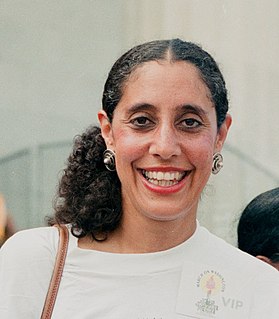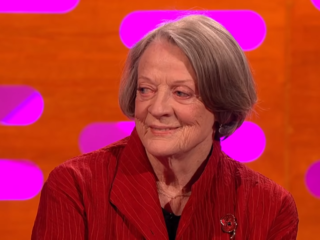A Quote by Talcott Parsons
Theory not only formulates what we know but also tells us what we want to know, that is, the questions to which an answer is needed.
Related Quotes
There are responsibilities which are parental responsibilities and those are the types of things we prepare the next generation for, but no one tells you how to answer the kids' questions in the backseat of the car when they want to know what the world is for or where they came from or why any of this is happening.
And questions give us no rest. We know not why our curse makes us seek we know not what, ever and ever. But we cannot resist it. It whispers to us that there are great things on this earth of ours, and that we can know them if we try, and that we must know them. We ask, why must we know, but it has no answer to give us. We must know that we may know.
Political scientists don't work at banks which is a problem. As political issues become more important for the markets, analysts at banks are asked all sorts of questions they don't have the ability to answer. And if you're getting paid to answer questions as analysts at banks are you never want to be in the position of saying you don't know.
What I do for living, working on something called string theory which we think may answer the fundamental question: Are there other universes? Can you go through a black hole? Can you warp the fabric of space and time and meet your mother before you were born? These are all questions that in principle string theory should be able to answer.
Study hard. Understand not only the questions, but the questioner. Know how best to articulate the answers, but do it with humility, because ultimately the answer is in a person, the person of Christ, not in an argument. So, do your work and know how to present the answer, but do it with gentleness and meekness.
We can each sit and wait to die, from the very day of our births. Those of us who do not do so, choose to ask - and to answer - the two questions that define every conscious creature: What do I want? and What will I do to get it? Which are, finally, only one question: What is my will? Caine teaches us that the answer is always found within our own experience; our lives provide the structure of the question, and a properly phrased question contains its own answer.
The mathematical question is "Why?" It's always why. And the only way we know how to answer such questions is to come up, from scratch, with these narrative arguments that explain it. So what I want to do with this book is open up this world of mathematical reality, the creatures that we build there, the questions that we ask there, the ways in which we poke and prod (known as problems), and how we can possibly craft these elegant reason-poems.





































